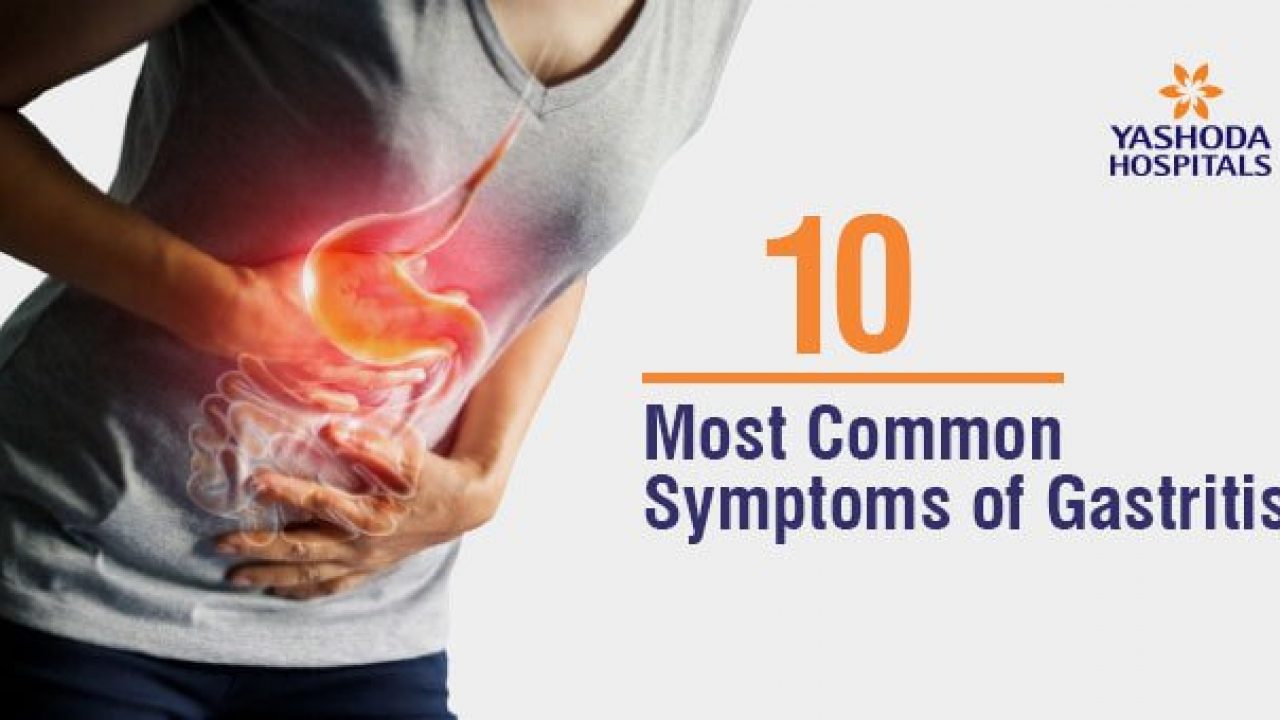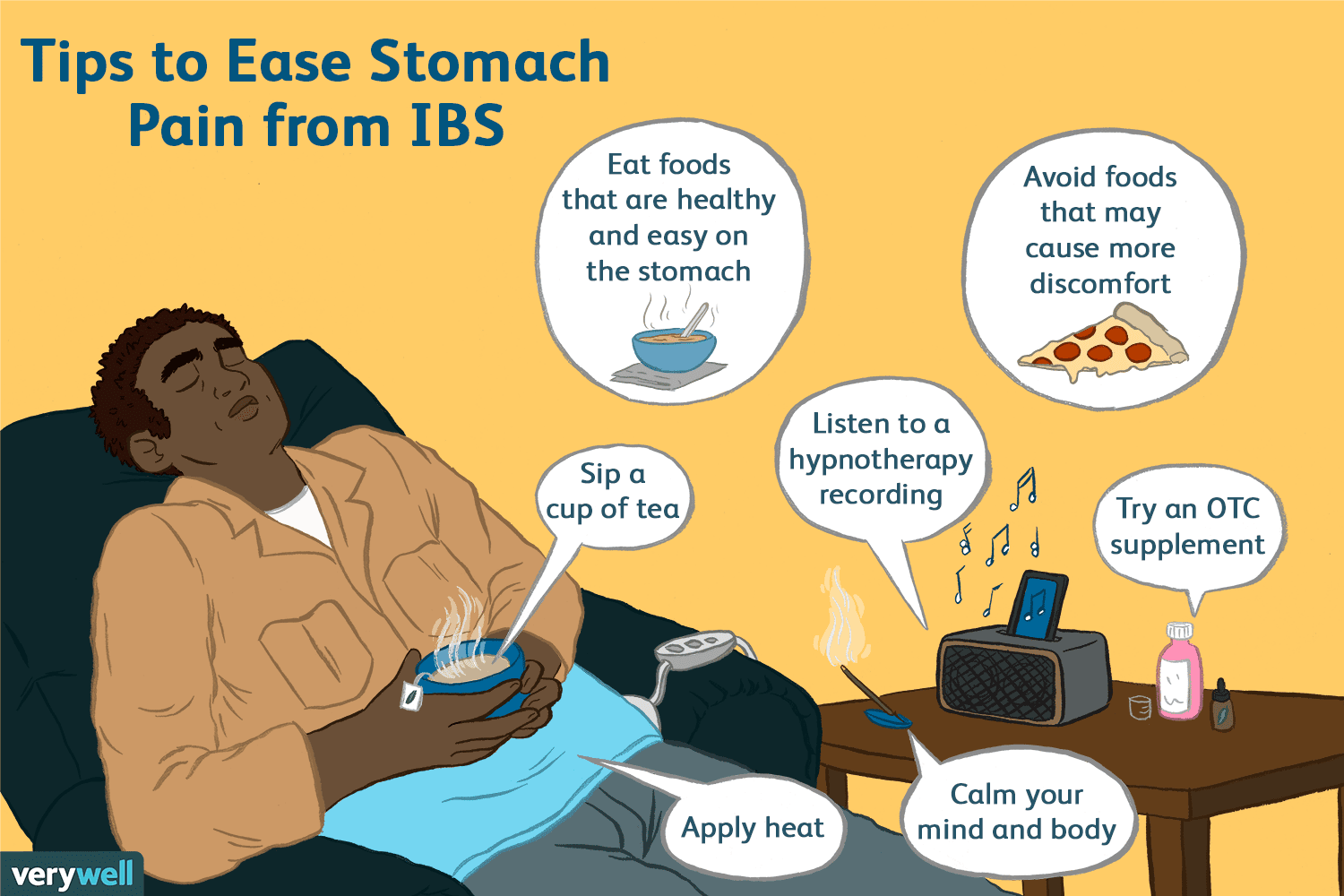Stomach Ache Symptoms

Stomach aches are one of the most common symptoms of gastrointestinal disorders. They can be caused by gastroesophageal reflux disease (GERD), ulcer, or mild infection. Some people experience abdominal pain associated with functional bowel disorders, which affect the brain-gut relationship. While most cases of stomach ache are not serious and are easily treatable, a doctor should be consulted if you experience a sudden onset or a persistent ache.
A serious case of stomach ache may indicate a more serious medical condition and should be investigated immediately. In some cases, severe abdominal pain can be a symptom of an underlying medical problem, prompting a call to 911. Other symptoms can include bloody stools or vomiting, inability to have bowel movements, chest or neck pain, and breathing difficulties. In extreme cases, the ache may even be accompanied by other symptoms, including difficulty breathing and pain in the neck or chest. In rare cases, it could be a sign of pregnancy or cancer.
There are several types of abdominal pain. The most common are generalized and localized. The latter is often caused by an intestinal disorder. A doctor should be consulted if abdominal pain persists for longer than a day or lasts for a longer period of time. In severe cases, a stomach ache may also be a symptom of an underlying condition, such as a urinary tract infection or a gastrointestinal infection.
A severe stomach ache can be a warning sign of more serious medical conditions. In some cases, it can prevent bowel movements, cause blood in stools, and make it difficult to breathe. In severe cases, the ache may result in a high fever, vomiting, or diarrhea. These symptoms can lead to complications, such as serious illnesses or pregnancy. A doctor should diagnose the underlying cause of your pain and prescribe the proper treatment.
Although abdominal pain is common, it can also be severe. If they are accompanied by chest pain, inability to urinate, or bloody stools, it may be a sign of a more serious condition. It is also important to seek medical attention if the abdominal pain is so severe that it causes vomiting of blood. The pain may be caused by a heart attack, stroke, or pregnancy, so seek emergency medical attention immediately.

Acute abdominal pain can also be a sign of more serious illnesses. If you have problems with urination or pooping, you may need to see a doctor immediately. If you have persistent pain or bloody stools, it is best to call 911. These symptoms should be treated as soon as possible. If the pain is chronic, it should be treated as soon as possible. There are many remedies for stomach pain, and most of them can be treated at home.
Among the most common symptoms of gastrointestinal pain is abdominal pain. The pain can be either burning or a feeling of gas filling. Depending on the cause of the pain, it may be related to some part of the body, such as the circulatory system or the respiratory system. When a person eats or drinks foods containing sugar, it can be painful. In addition, a person may experience nausea and vomiting if the abdominal pain is accompanied by other pain.
Severe abdominal pain may be a sign of a more serious condition. These include a bleeding episode lasting more than 3 months, bloody stools, and difficulty breathing. If symptoms of abdominal pain persist, you should immediately contact your doctor and visit the site https://longex.asia/. Although there are many remedies for stomach pain, they are not always effective. If the pain persists for several days or a week, something is likely wrong.
The causes of abdominal pain symptoms vary. These can range from simple abdominal pain to severe abdominal pain that requires seeing a doctor. Some symptoms may be related to food and may be worse when the person lies upright. Some of these conditions are life-threatening, so call 911 immediately. It is best to begin treating the symptoms of abdominal pain as soon as possible. There are many remedies that can help relieve pain.